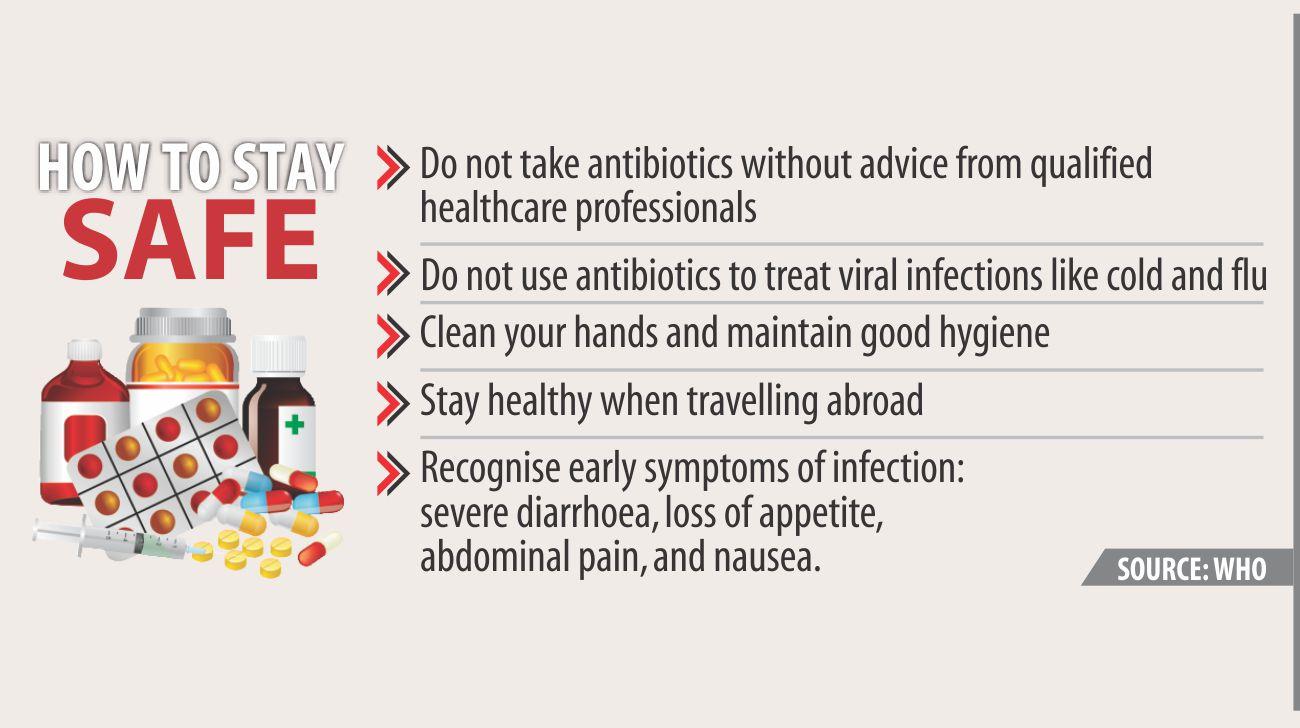
With the announcement of two additional fatalities from the lethal zoonotic disease, Mahmudur Rahman, director of the Institute of Epidemiology, Disease Control and Research (IEDCR) said this brings the total deaths from Nipah virus to eight this year, according to a bdnews24.com report Jan. 27.
Dr. Rahman says the new deaths were from Pabna and Rajshahi while one 8-month old boy is struggling for life in the Rajshahi Medical College Hospital.
Nipah virus is an emerging zoonotic infection which causes encephalitis and respiratory illness in people. It is also a serious pathogen for pigs and a wide range of animals which has resulted in serious economic loss.
Human infections can occur from direct contact with sick pigs or contaminated tissues.
According to the World Health Organization (WHO), in the Bangladesh and India outbreaks, consumption of fruits or fruit products (e.g. raw date palm juice) contaminated with urine or saliva from infected fruit bats was the most likely source of infection. Fruit bats of the family Pteropodidae – particularly species belonging to the Pteropus genus – are the natural hosts for Nipah virus. There is no apparent disease in fruit bats.
In more recent outbreaks of the disease, person-to-person transmission has been seen in Bangladesh and India.
The disease in humans can range from asymptomatic infection to fatal encephalitis. Encephalitis and seizures occur in severe cases, progressing to coma within 24 to 48 hours.
The case fatality rate is estimated at 40% to 75%; however, this rate can vary by outbreak depending on local capabilities for surveillance investigations, according to the WHO.
Those who survive acute encephalitis make a full recovery, but around 20% are left with residual neurological consequences such as persistent convulsions and personality changes.
There is no treatment or vaccine available for either people or animals.
Nipah virus was first detected in Malaysia in 1998 but at present Bangladesh, a hotspot for infectious diseases, is the only country in the world that reports the disease.
US Centers for Disease Control and Prevention (CDC) director, Dr. Thomas Frieden, who is in Dhaka after Bangladesh was designated as a ‘Global Disease Detection’ site. The CDC will be training a new crop of “disease detectives” to investigate disease outbreaks.
When Frieden was asked by Bangladeshi journalist about Nipah virus, Frieden said it was a health education issue–stop drinking raw date sap.
“But changing behavior is very hard,” he said.
As of 2012, the virus has killed 136 of its 176 victims in 21 districts across Bangladesh, according to the report.
Source: The Global Dispatch









